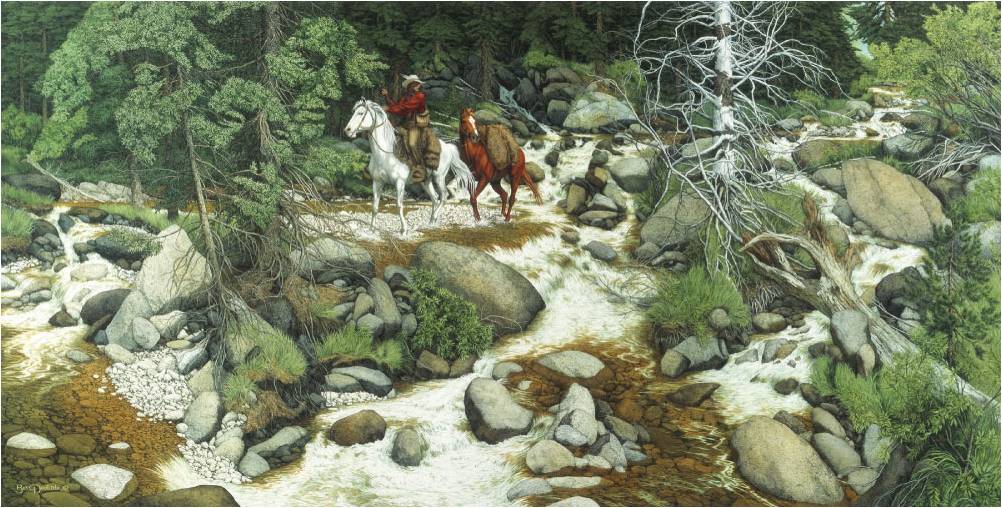第五講:Spatial Vision and Form Perception
出自KMU Wiki
(修訂版本間差異)
| 在2011年10月14日 (五) 12:00所做的修訂版本 (編輯) 98007021 (對話 | 貢獻) (→知覺心理學第五講) ←上一個 |
在2011年10月15日 (六) 12:47所做的修訂版本 (編輯) (撤銷) 98007021 (對話 | 貢獻) (→Inverse projection problem) 下一個→ |
||
| 第12行: | 第12行: | ||
| 又稱 Inverse Optics | 又稱 Inverse Optics | ||
| * | * | ||
| - | ====An environmental sculpture by Thomas Macaulay | + | =====Figure 5.4===== |
| + | *An environmental sculpture by Thomas Macaulay | ||
| *<-從二樓陽台看 | *<-從二樓陽台看 | ||
| 從一樓看->* | 從一樓看->* | ||
| - | + | =====Figure 5.5===== | |
| - | * | + | *找一找鉛筆和眼鏡 |
| - | + | ||
| - | * | + | =====Figure 5.6===== |
| - | + | *這些人是誰? | |
| - | * | + | |
| - | + | =====Figure 5.7===== | |
| - | * | + | *從不同角度看 |
| + | |||
| + | =====Figure 5.8===== | ||
| + | *哪些照片是同一個人? | ||
| ==完形心理學== | ==完形心理學== | ||
在2011年10月15日 (六) 12:47所做的修訂版本
知覺心理學第五講
日常所見
機器視覺
Spirit in Mars
2004-1-4 Sashimi (生魚片)
Spirit
Inverse projection problem
又稱 Inverse Optics
Figure 5.4
- An environmental sculpture by Thomas Macaulay
- <-從二樓陽台看
從一樓看->*
Figure 5.5
- 找一找鉛筆和眼鏡
Figure 5.6
- 這些人是誰?
Figure 5.7
- 從不同角度看
Figure 5.8
- 哪些照片是同一個人?
完形心理學
根據這些點(dot)累積創造出我們對臉的知覺的嗎?
似動現象(Apparent Movement)
錯覺輪廓(Illusory Contour)
Pragnanz
相似性 law of similarity
- 身體、肢體、球桿、視線方向均相似
Good continuation (5.16)
好的連續效果被視為交織鏈
- 共同區域(Common Region,圖5.18b)、
連結律(Uniform Connectedness,圖5.18c)、 以及同步發生(Synchrony,圖5.18d)
- Common fate
- 12張臉孔在內?
- 你看到什麼?
- 知覺到的其中一個物體,另一個就成為背景
(a)實驗呈現方式 (b)當深色方塊被看成背景, 則小黑點落在小方塊邊界上 (c)當被看成中間有孔的深色方塊, 則小黑點落在黑色方塊邊界上
- Figure ground
separation 圖形 背景分離
Gestalt law as Heuristics
Recognition by component
Non-accidental properties
- 上面的三條線
- 上面的兩條線
都是非偶發特性(non-accidental
properties)
- Biederman的實驗
Nonaccidental properties
- 6個geons的飛機
- 3個geons的飛機
場景知覺(Gist of the Scene)
- Mary Potter(1976)
- 快速呈現16張複雜場景圖片,每張只呈現250毫秒。
- 再呈現另一張測試圖片,問受試者是不是之前出現過的
- 結果受試者都可以看得到
- p.114 figure 5.34
- Li Fei-Fei (2007)
- 利用masking
- 每張圖片呈現27到500毫秒,每張圖片呈現完之後會呈現一個mask來精確控制刺激呈現時間
- 結果67ms 即可辨識
- p.115 figure5.35
- Masking
- masking procedure
- 抵消�persistence of vision
Global Image Feature
- Oliva and Torralba (2001, 2006)
- Degree of naturalness
- Degree of openness
- Degree of roughness
- Degree of expansion
- Color
參見p.115 figure 5.36
light-from-above heuristic
- 實例

